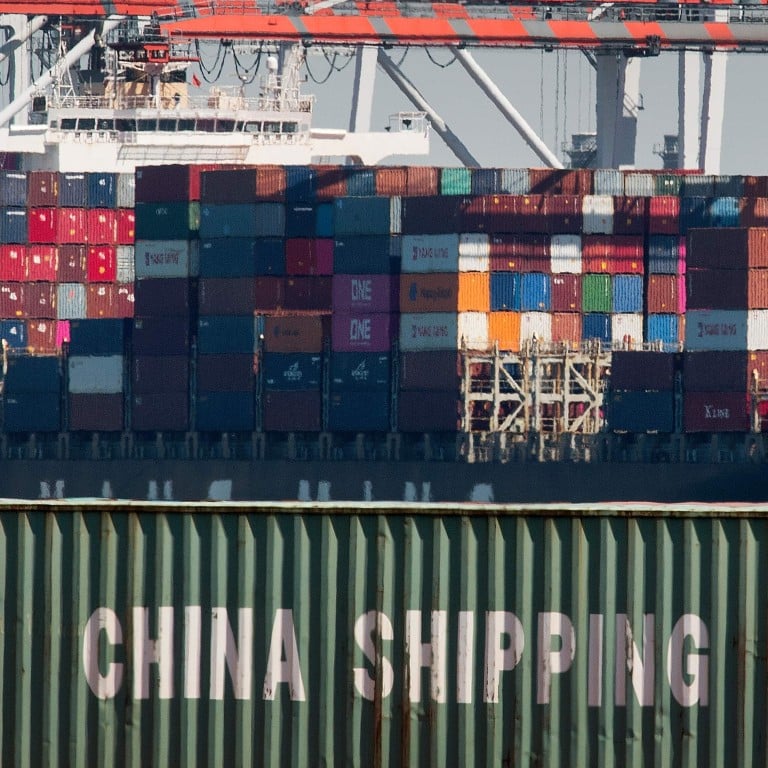
China tightens export rules for sensitive tech, boosts power to retaliate against foreign sanctions
- China’s new export controls allow it to take action against any country that violates restrictions or endangers national security
- The regulation, which came into effect on Tuesday, is widely viewed as a response to US curbs on Chinese technology firms
China’s broadly defined export control law came into effect on Tuesday, expanding Beijing’s arsenal of countermeasures to trade restrictions imposed by other countries.
The law, first drafted in 2017 and approved in late October, bears resemblance to US Export Administration Regulations, including a list of controlled items like sensitive technology, military goods, dual-use items that have both civil and military uses, and a licence requirement for anyone who intends to export or re-export these goods.
“I see the Export Control Law as a milestone for China because this new law provides [it] with the first comprehensive regulatory framework for restricting exports of military and dual-use products and technology for national security and public policy reasons,” said Julien Chaisse, a law professor at City University of Hong Kong
Virtually all major economies already had similar laws and framework to regulate foreign export control practice in place, so China is filling a major gap
“Virtually all major economies already had similar laws and framework to regulate foreign export control practice in place, so China is filling a major gap and catching up with what has been done in many other places.”
The new law explicitly allows China to retaliate against a country that violates export controls and endangers national security, although the definition of abuse is not clearly defined.
Deadline passes for US firms to cut Xinjiang goods from supply chains
Chaisse said the regulation would allow Beijing to take “radical positions in terms of trade exports” as it was much broader than similar legislation in other countries.
For instance, the government would be authorised to restrict exports to foreign companies deemed to threaten China’s national security or national interests, he said.
It would also require exporters to apply for licenses for export transactions not covered by published control lists that might potentially harm China.
Already, there appears to be discussion within China about using the law to retaliate against future US export restrictions.
“The new law could pave the way for state-sanctioned export bans on rare earth metals, in what [analysts] described as a ‘no chips, no rare earths’ tactic, with reference to the US export control abuses against Chinese technology company Huawei Technologies Co.,” said a now-deleted article published by state-run tabloid the Global Times in late October, quoting several Chinese experts.
While the control list is not yet available, the Ministry of Commerce published an expanded list of Chinese technologies restricted for export at the end of August. The updated list, which should give a clue on controlled items, added two dozen technologies, including lasers and drones, that need government approval for sale overseas.
The new law also allows Beijing to impose temporary export controls on goods, services and technologies that are not on the official export control list for up to two years, providing the government with ample flexibility to impose restrictions.
A draft version of Beijing’s export control law published in 2017 contained something similar to long-arm jurisdiction, but was removed in the final version because of concerns over its negative impact on China’s role in the global supply chain.
Importers and end users of controlled items also face greater scrutiny. An end use certification document issued by the destination country is a prerequisite to getting an export license.
Companies or individuals that break the law could have illegal gains confiscated and be levied with fines of up to 20 times the value of transactions. Business licences could also be suspended and export permission revoked.

